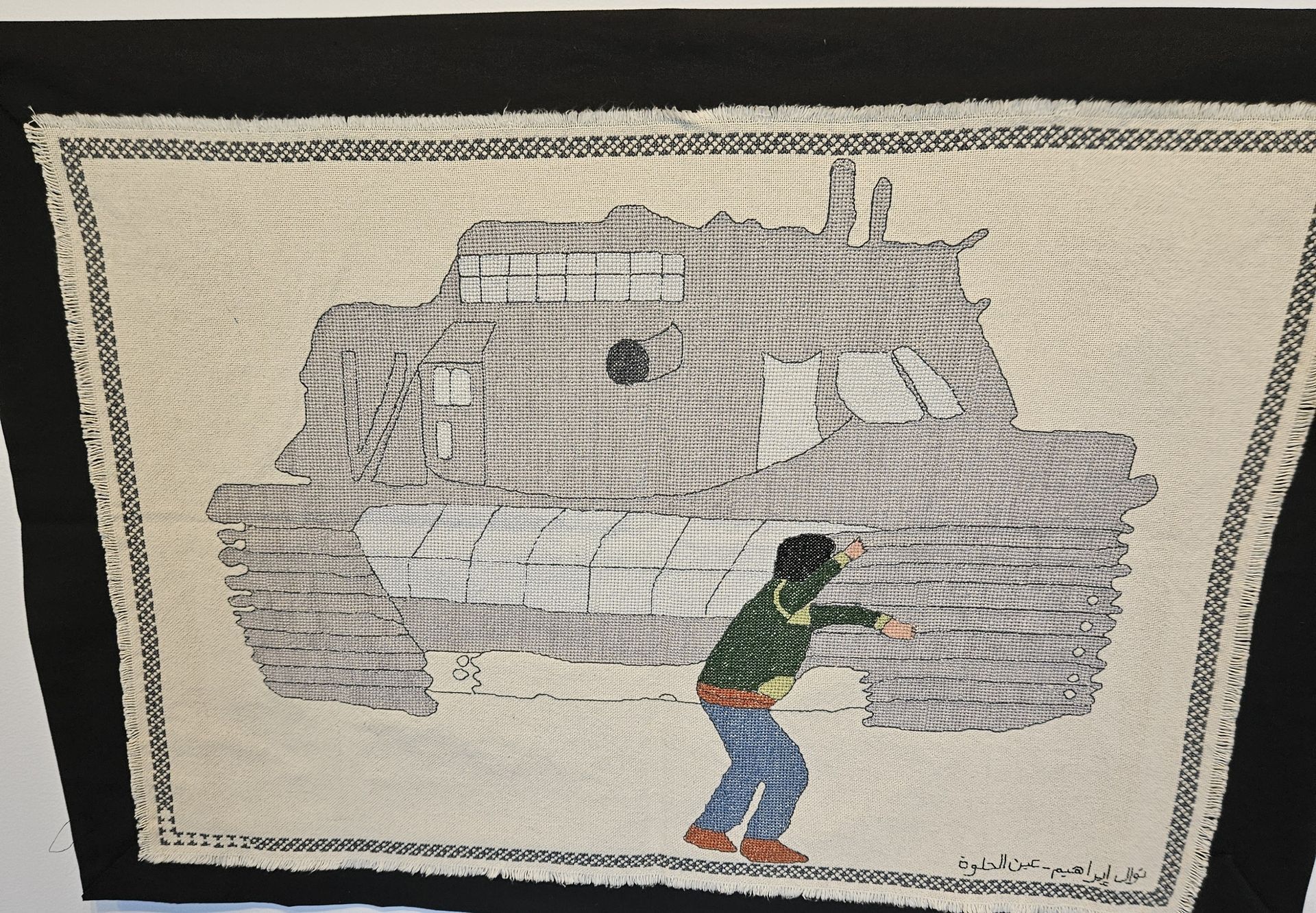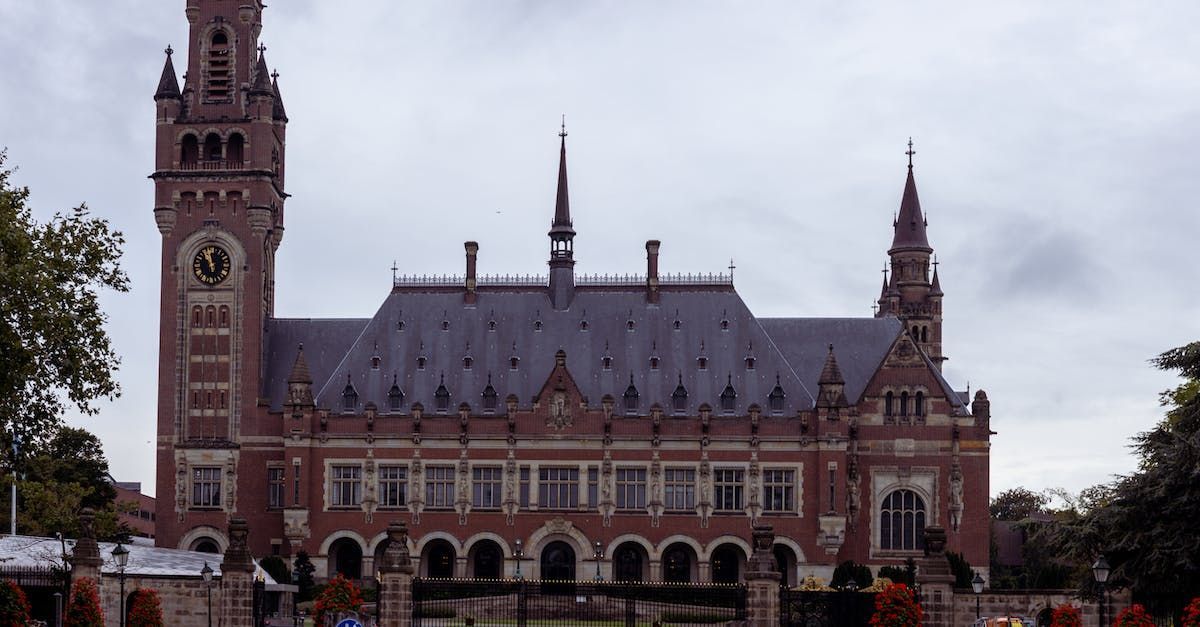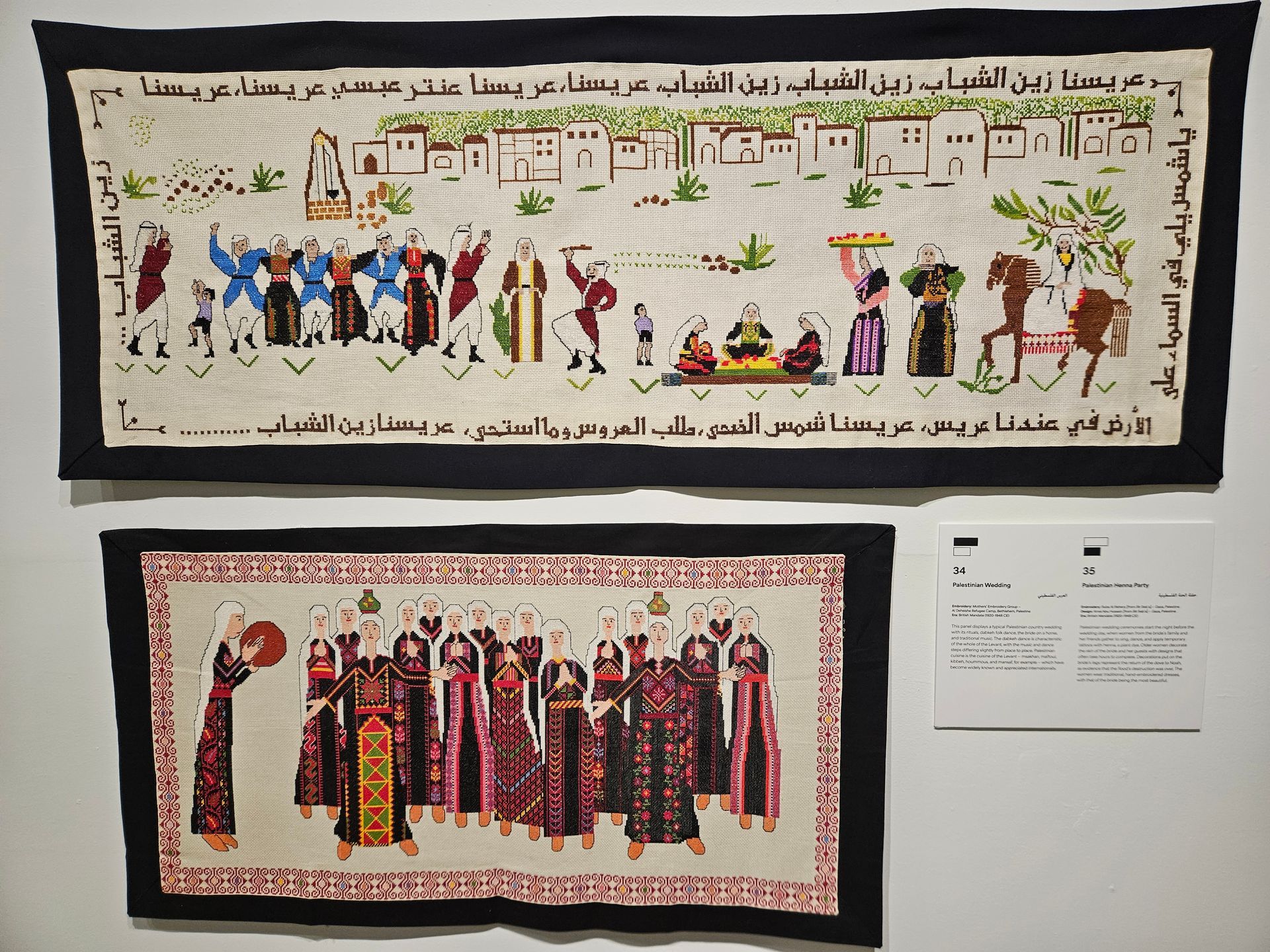
Law and Order - International Rules for Powers Waging War

fThe Peace Palace in The Hague - Humanity's Icon and Symbol of Peace
Opened in 1913 with funds donated by Andrew Carnegie, providing two international courts for justice and arbitration, a library and global art works, and an academy for peace -
all to address root causes of conflict and to seek solutions toward peaceful coexistence among the nations.
More Middle East Violence and Suffering of Innocents
Most global citizens pray and yearn for peace. The Peace Palace works towards peace at the mega-level. Conventions and other international agreements set the standards for seeking peace and protecting innocents from the barbarities of conflict in war settings. Here's how the International Committee of the Red Cross describes the Conventions:
The Geneva Conventions and their Additional Protocols are at the core of international humanitarian law, the body of international law that regulates the conduct of armed conflict and seeks to limit its effects. They specifically protect people who are not taking part in the hostilities (civilians, health workers and aid workers) and those who are no longer participating in the hostilities, such as wounded, sick and shipwrecked soldiers and prisoners of war. (source: https://www.icrc.org/en/doc/war-and-law/treaties-customary-law/geneva-conventions/overview-geneva-conventions.htm)
Unfortunately there is no mega-power which enforces peace standards and means. United Nations peace keepers, proposed by Lester B Pearson, served and serve in many situations of conflict, but have been relatively powerless to enforce both the conventions and the regulations relevant to conflict situations. Great powers too often use their UN vetoes according to their geo-political ambitions (vs. standards of justice and truth) to thwart the ways and means to safety for innocents and actions for peace.
Below you will find key articles of the 4th Geneva Convention pertaining to the current intentional tragedies plaguing the peoples of Israel and Palestine. Both Israeli government forces and Palestine's Hamas militants are violating the Convention in various ways. This means that they are committing war crimes. It means that their backers and people who simply watch crimes happen are complicit in these criminal activities. The lack of commitments to peace by too many nations and too many people undermines the international conventions and the fervent global yearning and praying for a more peaceful world.
It is important that all citizens know the rules and be able to discern from truthful news reports the extent to which each of the combatant parties are criminally engaged. In the short run, our knowledge may make little difference.
But in the longer run, the potential for criminal prosecution because of war crimes committed can have impact on both Hamas and Israel. Even President Putin dares not travel in countries which respect warrants for arrest of accused war criminals because of his war crimes in Ukraine.
A safer route for all now concerned and engaged would be to end the hostilities and the horrific measures affecting humanitarian suffering and death. The adversaries need to seek the help of mid-level nations to help find the ways to stop the war and find ways toward just peace. The Divine Spirit calls all to give peace a chance so that human suffering and the Creator's anguish can end. Kyrie eleison!
Your assistance in spreading this information is welcome. We must share this key information and raise the voices of faith and goodwill for peace on Earth.
A H Harry Oussoren
Ottawa
~ ~ ~ ~ ~ ~ ~ ~ ~ ~ ~ ~ ~ ~ ~ ~ ~
GENEVA CONVENTION RELATIVE TO THE PROTECTION OF CIVILIAN PERSONS IN TIME OF WAR OF 12 AUGUST 1949 PART I GENERAL PROVISIONS
Article 1. — The High Contracting Parties undertake to respect and to ensure respect for the present Convention in all circumstances. (Ed.: 194 nations have signed on, thereby making this international law.)
STATUS AND TREATMENT OF PROTECTED PERSONS SECTION I PROVISIONS COMMON TO THE TERRITORIES OF THE PARTIES TO THE CONFLICT AND TO OCCUPIED TERRITORIES
ART. 27.— Protected persons are entitled, in all circumstances, to respect for their persons, their honour, their family rights, their religious convictions and practices, and their manners and customs. They shall at all times be humanely treated, and shall be protected especially against all acts of violence or threats thereof and against insults and public curiosity. Women shall be especially protected against any attack on their honour, in particular against rape, enforced prostitution, or any form of indecent assault. Without prejudice to the provisions relating to their state of health, age and sex, all protected persons shall be treated with the same consideration by the Party to the conflict in whose power they are, without any adverse distinction based, in particular, on race, religion or political opinion. However, the Parties to the conflict may take such measures of control and security in regard to protected persons as may be necessary as a result of the war.
ART. 28. — The presence of a protected person may not be used to render certain points or areas immune from military operations. PROTECTION OF CIVILIAN PERSONS 179 Treatment I. General observations II.
Danger zones
ART. 29. — The Party to the conflict in whose hands protected persons may be, is responsible for the treatment accorded to them by its agents, irrespective of any individual responsibility which may be incurred.
ART. 30. — Protected persons shall have every facility for making application to the Protecting Powers, the International Committee of the Red Cross, the National Red Cross (Red Crescent, Red Lion and Sun) Society of the country where they may be, as well as to any organization that might assist them. These several organizations shall be granted all facilities for that purpose by the authorities, within the bounds set by military or security considerations. Apart from the visits of the delegates of the Protecting Powers and of the International Committee of the Red Cross, provided for by Article 143, the Detaining or Occupying Powers shall facilitate as much as possible visits to protected persons by the representatives of other organizations whose object is to give spiritual aid or material relief to such persons.
ART. 31. — No physical or moral coercion shall be exercised against protected persons, in particular to obtain information from them or from third parties.
ART. 32. — The High Contracting Parties specifically agree that each of them is prohibited from taking any measure of such a character as to cause the physical suffering or extermination of protected persons in their hands. This prohibition applies not only to murder, torture, corporal punishment, mutilation and medical or scientific experiments not necessitated by the medical treatment of a protected person, but also to any other measures of brutality whether applied by civilian or military agents.
ART. 33. — No protected person may be punished for an offence he or she has not personally committed. Collective penalties and likewise all measures of intimidation or of terrorism are prohibited. Pillage is prohibited. Reprisals against protected persons and their property are prohibited.
ART. 34. — The taking of hostages is prohibited.

